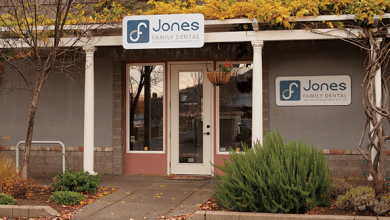Obstructive Sleep Apnea
Obstructive Sleep Apnea is a potentially serious sleep disorder in which breathing repeatedly stops and starts due to soft tissue blocking or narrowing the airway. If you snore loudly and feel tired even after a full night’s sleep, you might have obstructive sleep apnea.
The most common signs and symptoms of obstructive apneas include:
- Loud snoring
- Episodes in which you stop breathing during sleep — which would be reported by another person
- Gasping for air during sleep
- Awakening with a dry mouth
- Morning headache
- Grinding your teeth
- Difficulty staying asleep/ light sleeper (insomnia)
- Excessive daytime sleepiness (hypersomnia)
- Difficulty paying attention while awake
- Irritability
Factors that increase the risk of this form of sleep apnea include:
- Excess weight. Obesity greatly increases the risk of sleep apnea. Fat deposits around your upper airway can obstruct your breathing.
- Neck circumference. People with thicker necks might have narrower airways.
- A narrowed arch and airway. You might have inherited a narrow arch and airway. Tonsils or adenoids also can enlarge and block the airway, particularly in children.
- Being male. Men are two to three times more likely to have sleep apnea than are women. However, women increase their risk if they’re overweight, and their risk also appears to rise after menopause.
- Being older. Sleep apnea occurs significantly more often in older adults.
- Family history. Having family members with sleep apnea might increase your risk.
- Use of alcohol, sedatives or tranquilizers. These substances relax the muscles in your throat, which can worsen obstructive sleep apnea.
- Smokers are three times more likely to have obstructive sleep apnea than are people who’ve never smoked. Smoking can increase the amount of inflammation and fluid retention in the upper airway.
- Nasal congestion.If you have difficulty breathing through your nose — whether from an anatomical problem or allergies — you’re more likely to develop obstructive sleep apnea.
Obstructive Sleep Apnea is not simply snoring, it is related to a number of serious risks and complications and co-morbidities such as:
daytime fatigue, increase in depression and anxiety, moodiness, poor performance, behavior problems in children, high blood pressure, Alzheimer’s, heart attack, stroke, diabetes, metabolic syndromes, liver problems and increases risk of sudden death.
We will be addressing our diagnostic and treatment options in coming articles. If you have questions or feel that you may be suffering from Obstructive Sleep Apnea you can speak to your physician or call us at Jones Family Dental. We can help you set up a diagnostic sleep study and discuss treatment options. 541-488-5088




